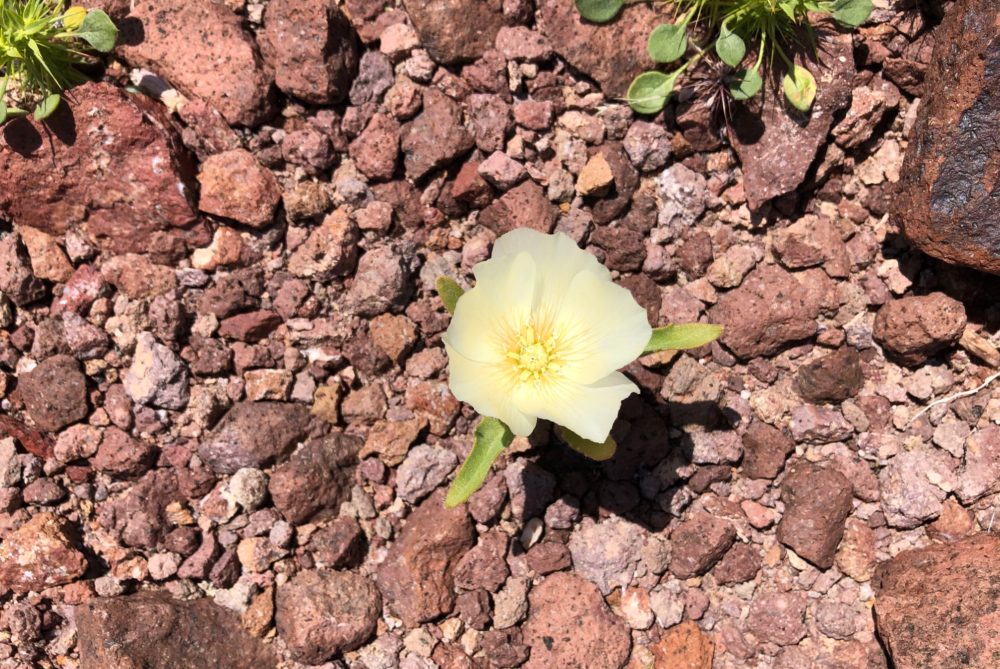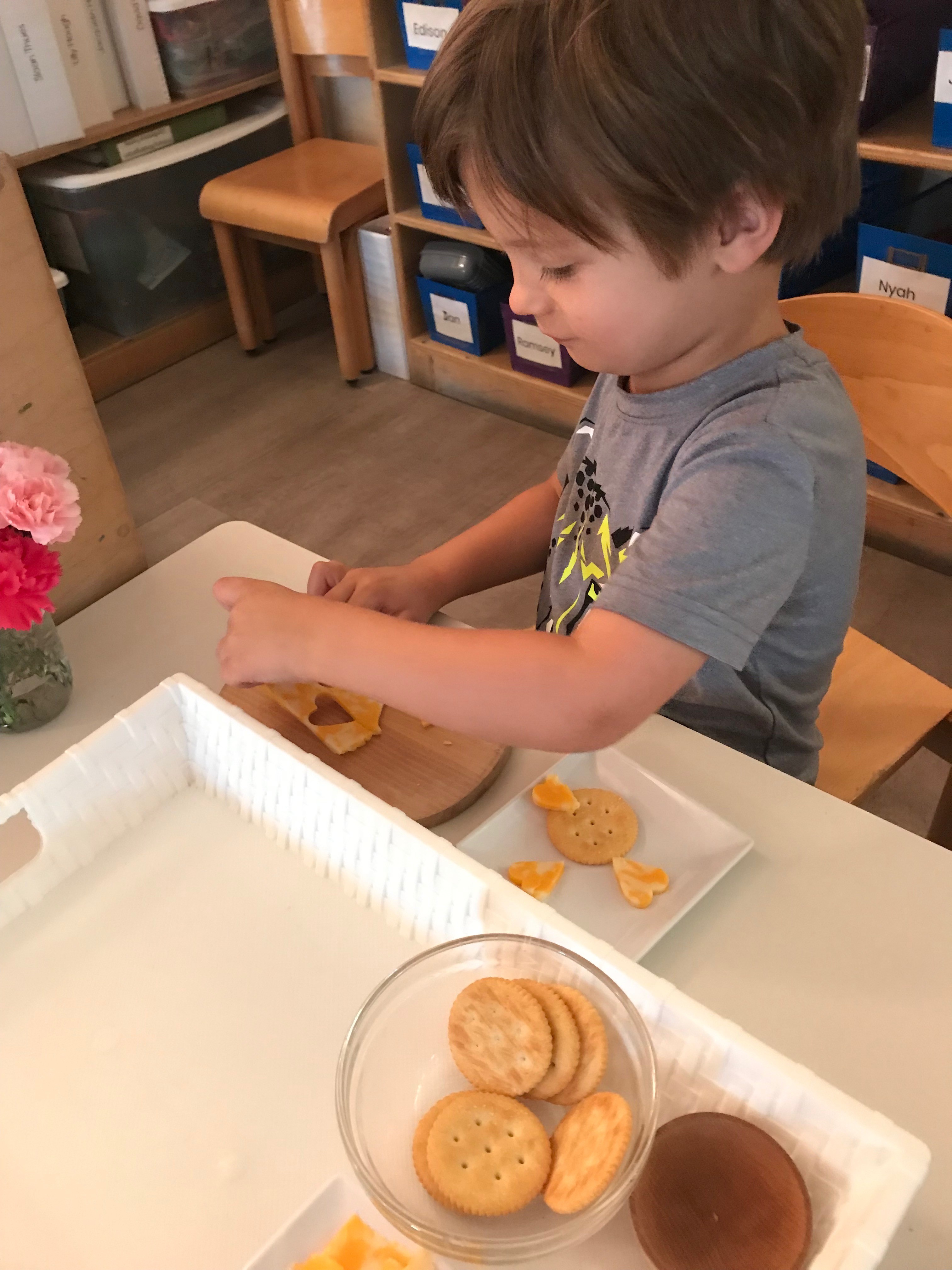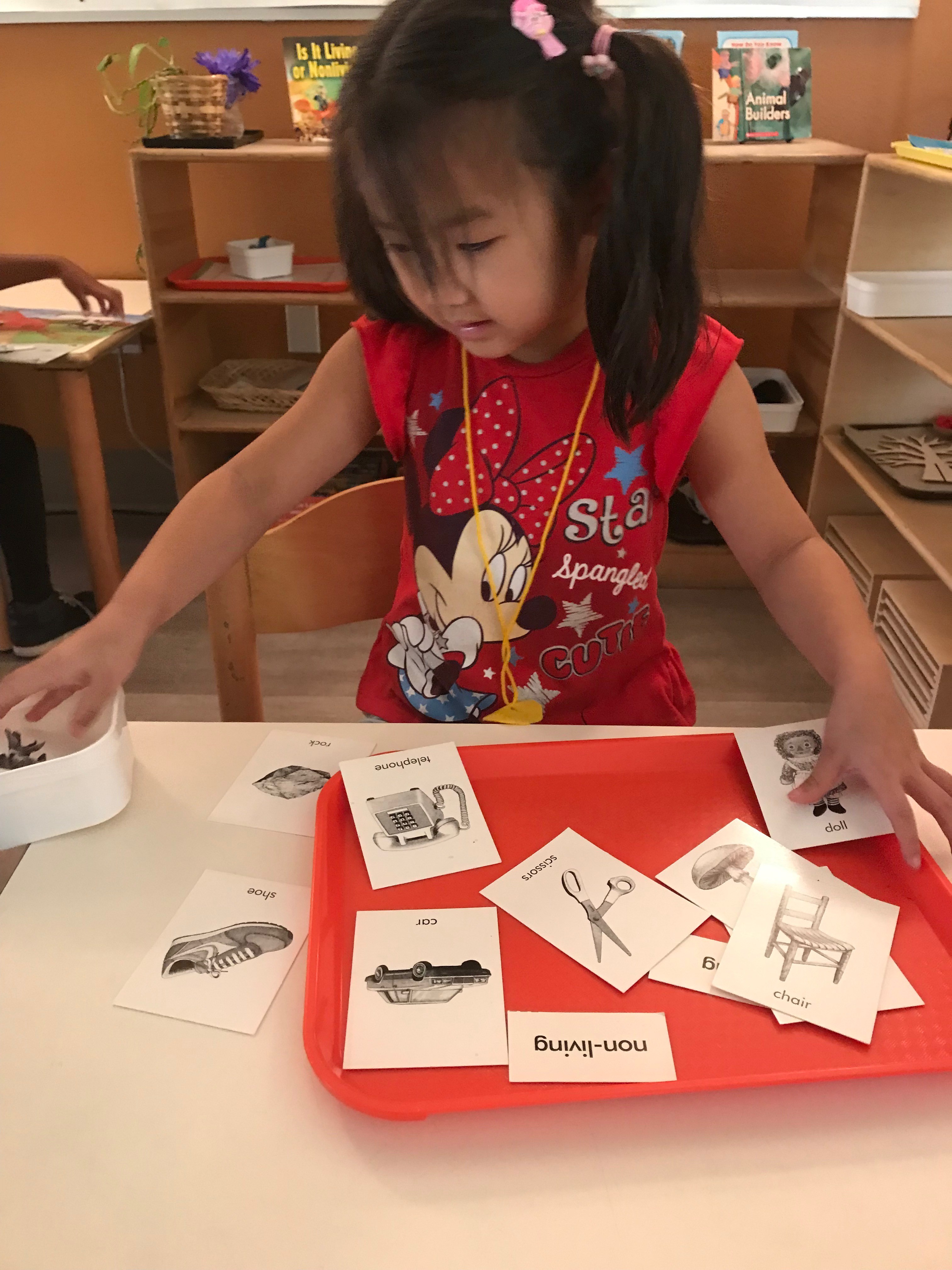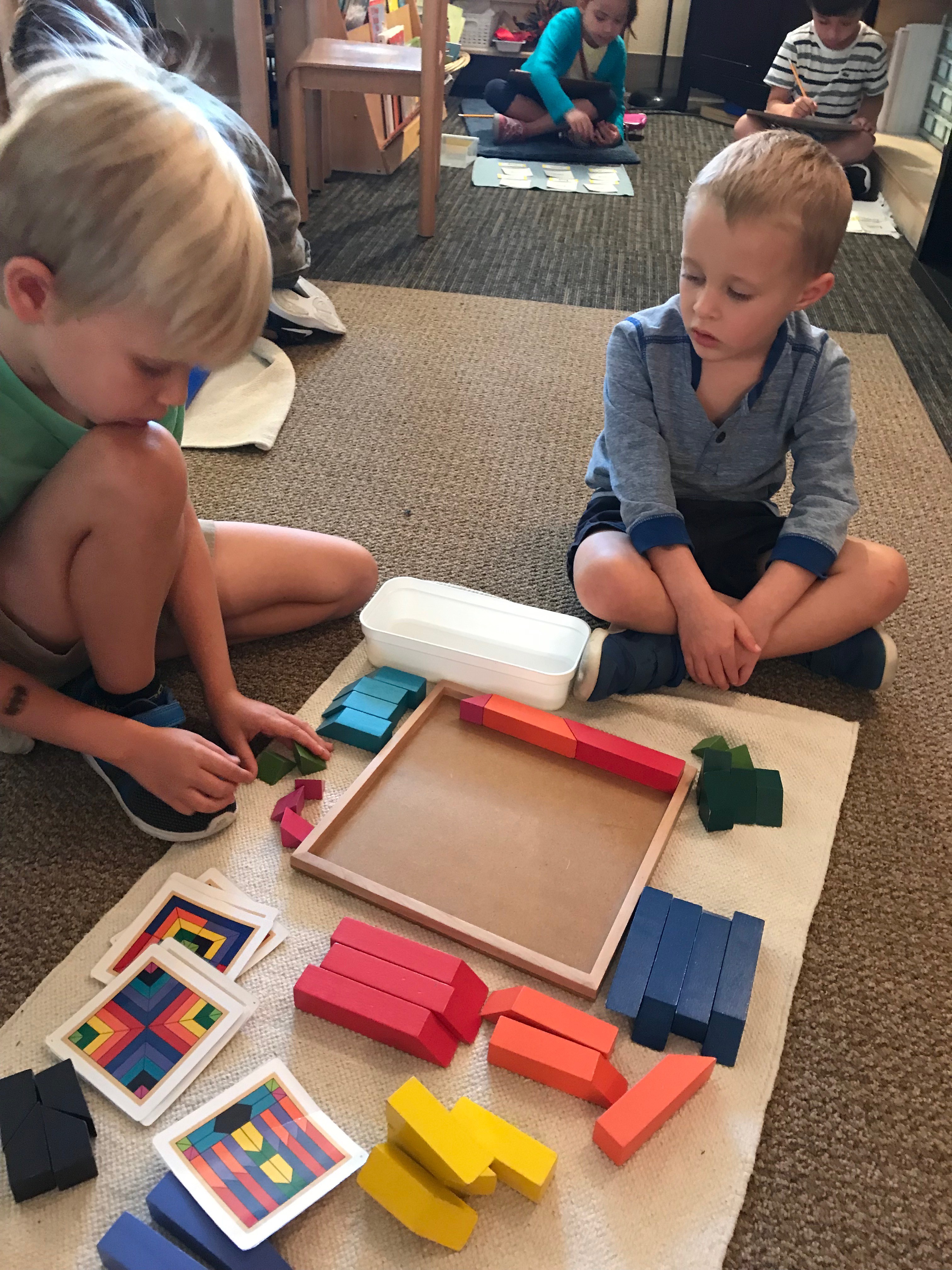“Children are human beings to whom respect is due, superior to us by reason of their innocence and of the greater possibilities of their future.” ~Maria Montessori
Once a month, the blog will be dedicated towards the Montessori philosophy. Your children have an amazing opportunity to learn through the ways of Maria Montessori. We hope these posts will shed some light and inspire you as much as Maria Montessori has inspired us as educators.
At the center of the Montessori philosophy is the idea children should cultivate a love of learning and their own natural desire to learn. Maria Montessori believed no human being is educated by another person because they must do it on their own, or it will never get done. Children develop a deeper understanding of learning as they develop their own desires to learn and grow. In the Montessori classroom, this objective is approached in two ways: first, by allowing each child to experience the excitement of learning by their own choice rather than by being forced; and second, by helping students to perfect all their natural tools for learning so their ability will be at a maximum in future learning situations. The materials in the classroom were created so children have a dual long-range purpose, as well as, an immediate purpose by giving specific information to the child.
Maria Montessori often referred to a child’s mind as a sponge. It absorbs information from the environment and through the materials children use within the classroom. Learning then becomes a natural and delightful activity for children because they are using all their senses to investigate their surroundings. The materials are meant to be handled by the children in a way which allows them to learn at their own pace and their own abilities. When children are not ready to learn something, their ability to remember and truly understand is not as great as a child learning to do something they are ready to learn.
The areas in the classroom can be divided into three main categories. The first being practical life, the second being sensorial materials, and the third being the academic materials such as reading, math, writing and culture. Each month we will focus on one area of the classroom and discuss the importance of the area.
The role of a teacher in the Montessori classroom is quite different than a traditional teacher role. The teacher is there to guide the children into developing a love for learning. The teacher is also an observer and learns to understand each child on an individual basis. Lessons are delivered to the students when they demonstrate readiness. Through careful observation of each child, the teacher is aware of a student’s needs and abilities, and is trained to recognize periods of readiness within each child. Gentle encouragement is given to those children who may be hesitant in their learning process.
The Montessori classroom hums with activity because the materials involve many motions like walking, carrying a tray, pouring, communicating, and the constant use of hands. With the steady motion and use of materials, a level of respect for the materials is important. Maria Montessori never equated goodness with silence and immobility. She encouraged self-discipline through the gradual absorption in meaningful work. When a child becomes interested in a particular classroom activity, their behavior will almost always mature. When misbehavior occurs, the teacher helps the child to select a work which will more fully absorb their attention.
Our goal and mission for the children echoes what Maria Montessori has stated, “We can only give each individual the chance to fulfill his potential possibilities to become independent, secure, and balanced human beings.”
Important Dates:
Friday, September 27th: FMS Friday (Wear FMS shirt or Be Kind Shirt) and PTO Family Movie Night
Tuesday, October 1st: Picture Day
Friday, October 4th: Student Council Assembly – kindergarten students attend
Thursday, October 10: Primary Parent Child Night (based on last name) 4:30-5:15 A-M 5:15-6:00 N-Z. Please let us know if the assigned time is not convenient and you prefer to attend the other time listed.
Friday, October 18th: PTO Fall Festival 5:00-8:00
Thursday, October 24th: World History Day; Half-Day Dismissal at 11:15 am; Teacher In service
Friday, October 25th: No School, Nevada Day




